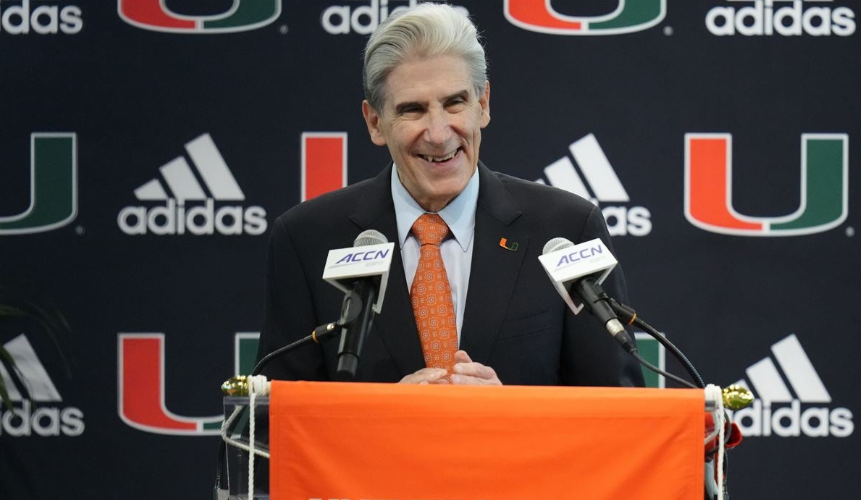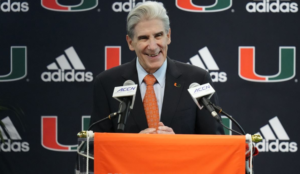
The UC Regents named University of Miami President Julio Frenk the new Chancellor for UCLA.
Julio Frenk, the current President of the University of Miami, is set to become the upcoming Chancellor at UCLA.
At the age of 71 this December, Frenk will assume the role of Chancellor starting in January 2025. During the transition from Gene Block’s retirement until January, Vice Chancellor Darnell Hunt will act as the interim Chancellor.
Throughout his nine-year tenure at Miami, Frenk significantly enhanced fundraising efforts, notably spearheading a $2.5 billion centennial fundraising campaign. He brings expertise in public health, having previously held the position of Mexico’s Minister of Health.
“In light of the current pivotal juncture in higher education, Julio Frenk expressed in a statement his enthusiasm and deep honor at the prospect of returning to the public sector to lead one of the world’s premier research universities, which includes one of the ten largest academic health systems. Frenk eagerly anticipates merging his longstanding dedication to public service in education and healthcare with the vibrant, diverse, and cosmopolitan environment of Los Angeles,” stated Frenk.
Notably, Frenk’s stance on athletics is noteworthy to sports enthusiasts. When assuming the role of President at Miami in 2015, he underscored the importance of athletics in education and higher education, expressing his eagerness to actively engage in this aspect of university life. On the day of his announcement, as reported by The Miami Hurricane, he made time to meet with several head coaches at Miami to emphasize his interest in sports programs.

As reported by the Miami Herald, during his initial press conference on Monday, the 61-year-old Frenk emphasized his recognition of the esteemed history of athletics, particularly football, at Miami. He stated that he is actively engaging with the community to grasp their expectations and aspirations for this facet of the university, highlighting his view of athletics as an essential component of a well-rounded education.
Given that UCLA is notably larger than Miami, it will be intriguing to observe if Frenk maintains a similar approach towards athletics. Noteworthy is Frenk’s own background as a former soccer and basketball player.
In contrast, it is known that Gene Block, during his tenure at UCLA, did not show significant support for athletics. While he did endorse the transition to the Big Ten conference, his emphasis on financial equilibrium and the perpetuation of stringent financial procedures has posed challenges for the athletic department, especially at a time when college athletics have evolved into a major industry. With the expectation of a new chancellor, there is optimism for substantial changes in these operational methodologies.

Leave a Reply